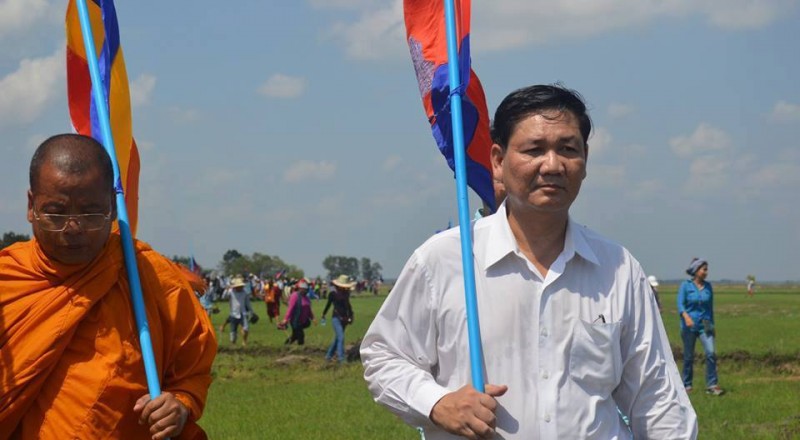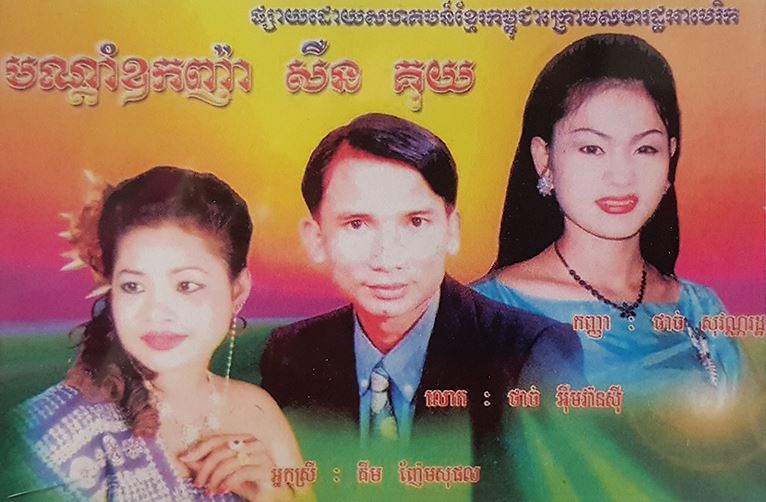Vietnam Human Rights Report for 2015
របាយការណ៍ប្រចាំឆ្នាំ២០១៥ ស្ដីពី ការរំលោភសិទ្ធិមនុស្សនៅវៀតណាមៈ ក្រសួងការបរទេសសហរដ្ឋអាមេរិក
Country Reports on Human Rights Practices for 2015
Thu the 8th Waxing Moon of Citta B.E.2559, April 14, A.D.2016 Year of the Goat
Courtesy the U.S. Department of State
 EXECUTIVE SUMMARY
EXECUTIVE SUMMARY
The Socialist Republic of Vietnam is an authoritarian state ruled by a single party, the Communist Party of Vietnam (CPV), and led by General Secretary Nguyen Phu Trong, Prime Minister Nguyen Tan Dung, and President Truong Tan Sang. The most recent National Assembly elections, held in 2011, were neither free nor fair, despite limited competition among CPV-vetted candidates. Civilian authorities maintained effective control over the security forces.
The government began implementing laws in accordance with constitutional amendments, including human rights-related articles, promulgated in January 2014. In November the National Assembly passed several laws affecting the rights of its citizens, including a new penal code, criminal procedure code, law on custody and temporary detention, civil code, and civil procedure code. The criminal procedure code and the custody law codified the presumption of innocence, placed the burden of proof in criminal proceedings on the state, recognized a limited right to remain silent in certain circumstances, and loosened regulations on the right to counsel. The penal code retained vague national security provisions and in some areas added new offenses criminalizing preparatory acts.
The most significant human rights problems in the country were severe government restrictions of citizens’ political rights, particularly their right to change their government through free and fair elections; limits on citizens’ civil liberties, including freedom of assembly, association, and expression; and inadequate protection of citizens’ due process rights, including protection against arbitrary detention.
Other human rights abuses included arbitrary and unlawful deprivation of life; police attacks and corporal punishment; arbitrary arrest and detention for political activities; continued police mistreatment of suspects during arrest and detention, including the use of lethal force and austere prison conditions; and denial of the right to a fair and expeditious trial. The judicial system was opaque and lacked independence, and political and economic influences regularly affected judicial outcomes. The government limited freedom of speech and suppressed dissent; exercised control over and censorship of the press; restricted internet freedom and freedom of religion; maintained often-heavy surveillance of activists; and continued to limit privacy rights and freedoms of assembly, association, and movement. The government continued to control registration of nongovernmental organizations (NGOs) closely, including human rights organizations. Authorities restricted visits by human rights NGOs that did not agree to government oversight. Authorities and NGOs recorded higher numbers of human trafficking victims, possibly attributable to growing demand among neighboring countries as well as the country’s decision in 2012 to improve its efforts to track and investigate cases. The government maintained limits on workers’ rights to form and join independent unions and did not enforce safe and healthy working conditions adequately. Child labor persisted, especially in agricultural occupations.
The government sometimes took corrective action, including prosecutions, against officials who violated the law, and police officers sometimes acted with impunity. Police corruption persisted.
Read Full Report in PDF: Vietnam_Human_Rights_Reports_2015_USSDept
Related
សូមគាំទ្រឧបត្ថម្ភ សហគមន៍ខ្មែរក្រោម Support KKC
សូមអរគុណដ៏ជ្រាលជ្រៅចំពោះសប្បុរសជននូវវិភាគទានទាំងនេះ។
We’re On Facebook

Sign in
Click here to reload the page over ssl.




